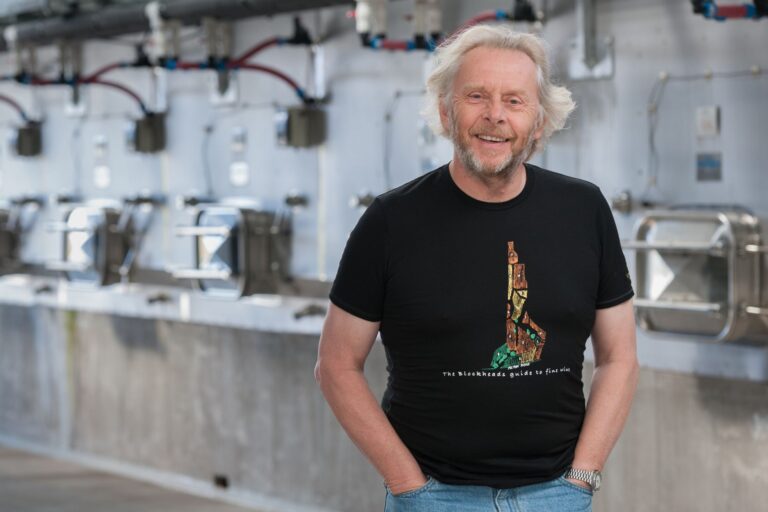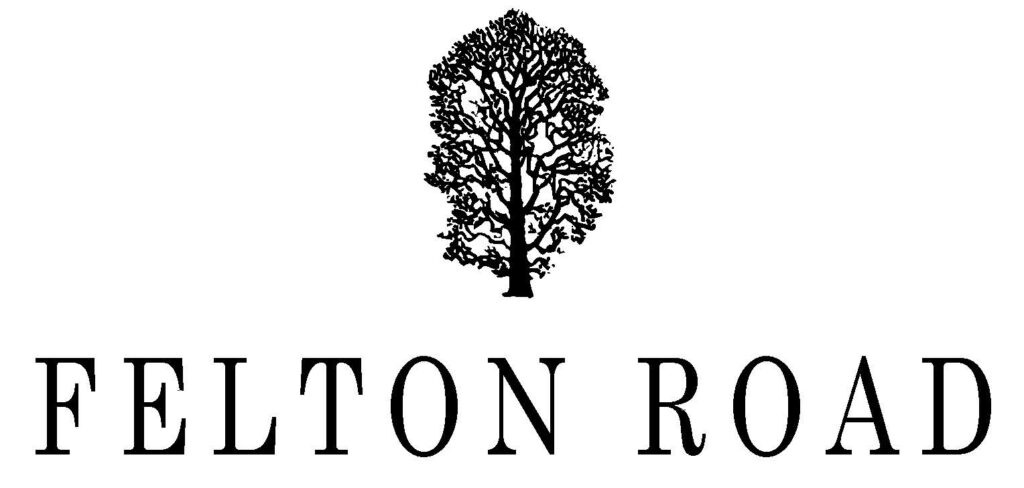I am English; old enough to have been raised in the somewhat quaint spirit of ‘it’s not who wins, it’s how you play the game’. Not a philosophy you hear so much these days. It was killed off by its more aggressive American cousin: ‘show me second place, I’ll show you a loser’.
I believe that school of sports thinking originated with American football coaches. Like a lot of rhetoric, it is easy to see the appeal if one ignores the maths. ‘That’s how you make winners,’ would be the cry. Of course, even a quick glance at the truth reveals the lie that undermines it.
I know football coaches aren’t normally maths wizards, that’s how they became football coaches (though in the US, the coach earns many times the maths professor, inevitably). But if we take an imaginary sport in which ten compete and one wins, then nine people lose. ‘Well, that should make them try harder, until they become winners’ comes the retort. But it can’t. In this sport only one person in ten wins, so, no matter how hard everybody tries, 90%, are (by this binary definition) losers. You can’t beat the maths. So the ‘winners’ strategy of American sport creates a heavy majority of losers; the exact opposite of its stated aim: to turn people into winners.
I can’t help seeing this warped thinking in both sport and the current spate of political current affairs. When you have a system that vilifies losers and, inevitably, somebody loses, then retorting to the idea that the competition was faked becomes the only saviour. ‘The referee was blind’ becomes ‘the voting was rigged’. Fake news allows everybody to ‘really’ be the winner, because you just change the narrative to one where you should have won. In elections; it’s the maths that becomes the fake.
I have long expressed the notion that wine is not, and should never be, a competitive sport. Scores might be fun, when you get good ones, but they are fatuous in the final analysis. Wine is one of the most naturally diverse areas in our lives. It offers tens of thousands of expressions, a great many of them unique, offering far more choice than any one human liver could ever survive. Yes, there is good, not so good and bad out there. But there shouldn’t be any attempt to categorise winners and losers. I invite you to play the game well… an outdated thought by some perspectives, but not mine.
Nigel











